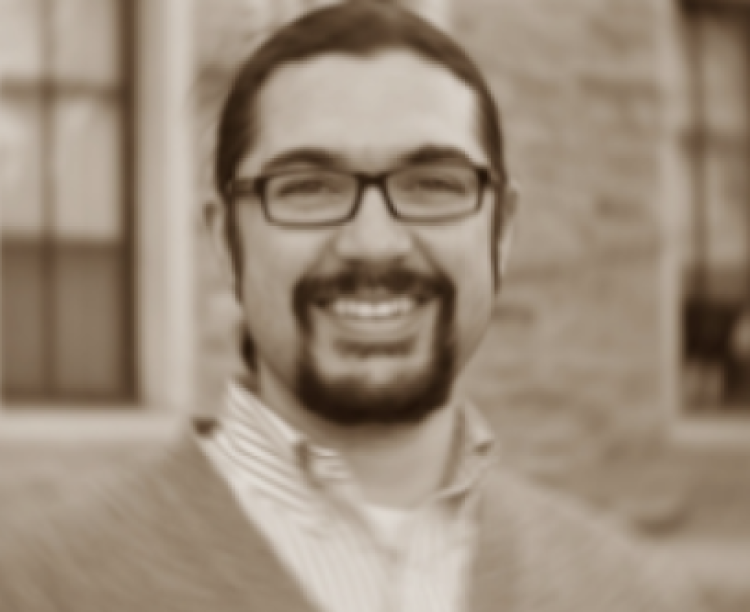CU Political Science Professor and Mentor Wins Prestigious Academic Award
As a college student at Denison University some years ago, Associate Professor Anand Sokhey decided on a whim to dabble in political science research for a summer. Little did he know at the time that this was the beginning of a remarkable academic career. Since completing that degree at Denison and arriving at CU in 2009, Sokhey has published three books and over 30 peer-reviewed articles—many of them award-winning. Most prestigiously, he recently won the emerging scholar award from the Elections, Public Opinion, and Voting Behavior section of the American Political Science Association, an incredibly high and well-deserved honor.
As an undergraduate student at the liberal arts school of Denison in Granville, Ohio, Sokhey opened his email one day to find an invitation from Professor Paul Djupe. The email asked if he would stick around for the summer to conduct some research. “Well, that sounds

Working so frequently and persistently with his undergraduate mentor has given Sokhey a valuable perspective on his own role as a mentor: “It’s a reminder to pass things on to the scholars who are coming up behind me. I benefitted from a lot of great mentoring opportunities, and a lot of important collaborative and mentoring networks. So that drives me to be mindful of those things for graduate students and junior scholars who will be coming into these positions in the years to come.” As the current director of CU’s American Politics Research Lab, Sokhey leads a team of graduate and undergraduate students to produce the Colorado Political Climate Survey. This annual fall survey of a representative sample of Colorado adults describes where the state’s voters stand on political issues and on the coming elections, so it receives a lot of media attention. It carries the added benefit of giving CU’s political science students an opportunity to help create and analyze political data.
Based on these and his many other scholarly efforts, Sokhey won the emerging scholar award. Literally thousands of professional political scientists study elections, public opinion, and voting behavior in either the US or in other countries. So in winning this award Sokhey has established himself as one of this generation’s best scholars of how common citizens act and behave in the political realm. “I was blown away when I heard about this, and I still feel humbled by it all. It helped me realize that I’ve been able to establish connections in my field, that other people are reading and engaging with my research, and that hopefully I have made some meaningful contributions to the work of other people.”
With his next project, Sokhey hopes to find ways to stem a rising tide of antisemitism and antisemitic rhetoric in the US: “We’ve been seeing an uptick in celebrities, politicians, and millionaires either saying antisemitic things or promoting conspiracy theories—Kanye, athletes, and others. It’s definitely a time to be focusing on this problem.” To do so, Sokhey has received funding from the Anti-Defamation League to study scientifically how antisemitic attitudes form in the first place. With that knowledge, he hopes to unveil techniques for disarming antisemitism at its roots.

